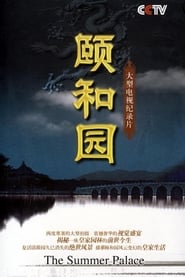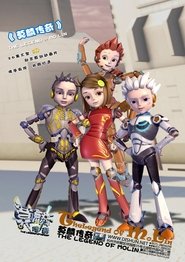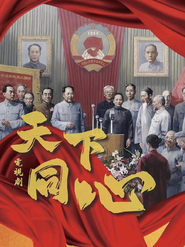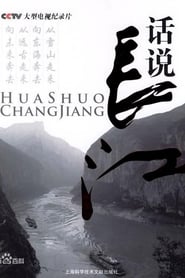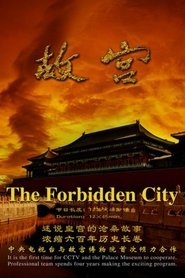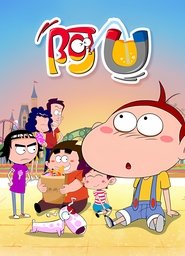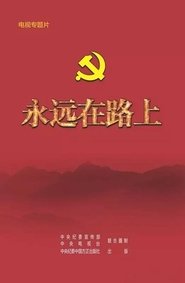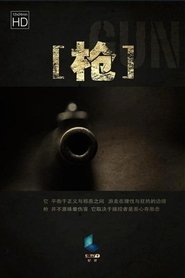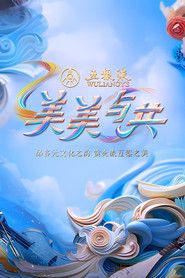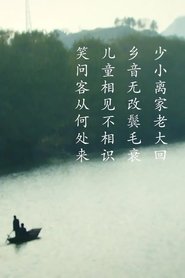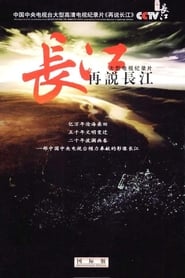Cctv 1 TV Series - Page 11
-
Summer Palace
2010
star 7.7The Imperial Garden of the Qing Dynasty, formerly known as the Qingyi Garden, was built in the Qing Emperor Qianlong period when the national power was strong. It was destroyed by the British and French coalition forces in the second Opium War in 1860. During the reign of Emperor Guangxu, it was renamed the Summer Palace and became the main place where Cixi lived and lived in his later years. The Summer Palace was looted by the Eight-Power Allied Forces in 1900 and was occupied by the Japanese during the Anti-Japanese War. In 1928, the Summer Palace officially became a national park by the Royal Garden. The preservation of the archives and cultural relics in the park today records the history of China's feudal society from its glory to its decline, and it has also witnessed the vicissitudes of several vicissitudes of gardens in New China. The Summer Palace is a collection of Chinese classical garden art. It combines the essence of the north and south gardens and integrates the man-made landscape with nature. It is -
天下同心
2024
star 6In 1948, amid political turmoil, the Chinese Communist Party invited democratic leaders and even Nationalist defectors to collaborate on building a new China. Led by Mao Zedong, their vision of unity, democracy, and peace inspired figures across political divides to establish an independent and united nation. -
今日说法
0000
今日说法
0000
-
Making a New China
2021
Making a New China
2021
-
The Forbidden City
2005
star 9.2The history of China's Imperial Palace, which was home to 24 emperors from 1368 to 1911. -
永远在路上
2016
永远在路上
2016
-
美美与共
2023
美美与共
2023
-
黄帝内经
2003
黄帝内经
2003
-
中央广播电视总台3·15晚会
1991
中央广播电视总台3·15晚会
1991
-
奶泡泡学成语
2021
奶泡泡学成语
2021


